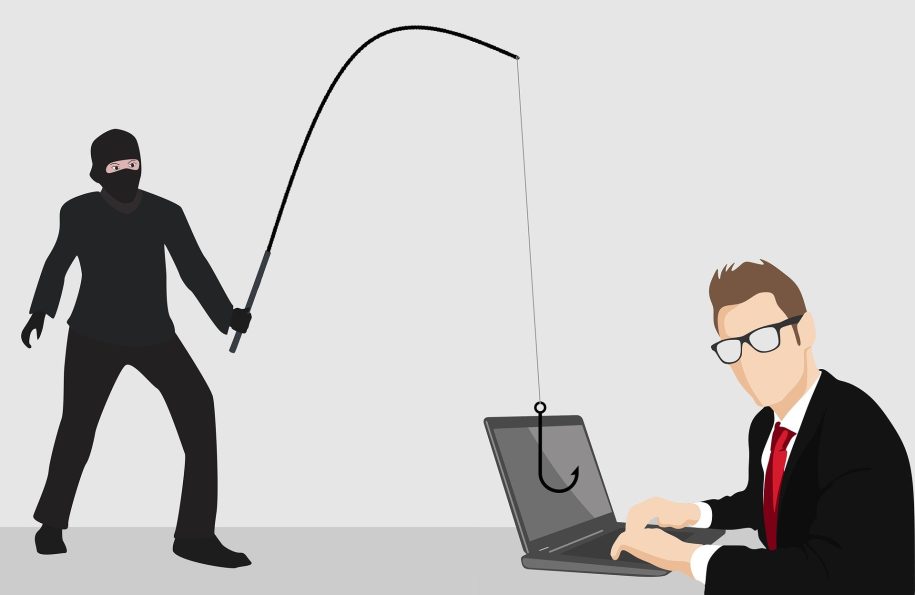Source: Bank Info Security, Feb. 11, 2020
The global health crisis caused by the coronavirus is a favorable context for this Practice of phishing . Indeed, many organized gangs of cybercriminals are pretending to be health organizations by using fake domain names. As a result, they send an e-mail pretending to be a health-related entity, in which they ask the recipient to click on a link and enter or confirm a login and password. For example, cybercriminals therefore send phishing e-mails containing domain names similar to those used by the Centers for Disease Control and Prevention. For example, cybersquatters have incorporated the domain name “cdc-gov.org” which is similar to the official domain name “cdc.gov”.
Thus, these malicious e-mails encourage users to click on a link that looks like it contains information related to the issues related to the coronavirus. In fact, Internet users are redirected to a fake website where they have to enter a username and password. In other cases, cybercriminals send phishing e-mails looking like they originate from the World Health Organization, inviting users to a link to download a document on security measures against the spread of the virus. Of course, this is not the case and users are redirected to a pop-up screen asking for a username and a password. It should be noted that some cybercriminals adopt a different tactic by posing as entities linked to the world of economics, such as shipping companies or manufacturing industries. The coronavirus crisis can have an impact that extends beyond health concerns. Hence, it is necessary to be doubly careful about the extension of these phishing campaigns, alert may be raised for example by e-mails containing numerous spelling mistakes.


